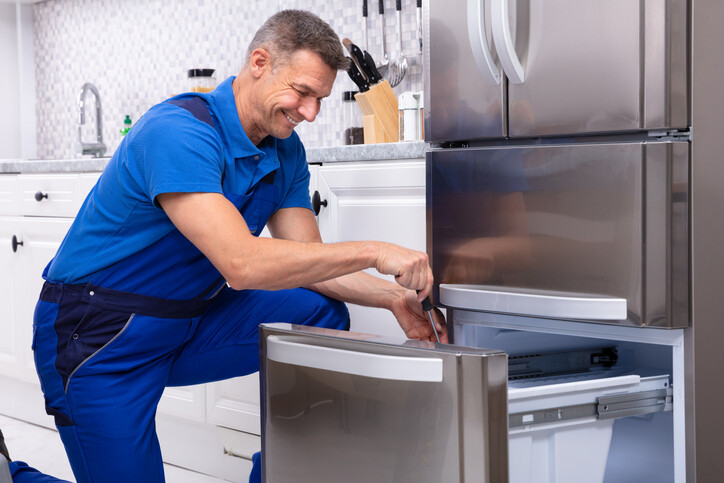When you purchase a home, there’s a good chance that you’ll be offered a home warranty . Or perhaps, the seller might provide one with the property. Many people often get this confused with homeowner’s insurance. A home warranty policy and homeowner’s insurance are two completely different things.
Homeowner’s insurance is not a legal requirement in Washington State but is often required by lenders before finalizing a mortgage. It helps to protect you and the lender from losses in case of theft, storm, floods, or fire. On the other hand, a home warranty is optional. It covers you from the expense of repairing or replacing important appliances and systems in your home.
You may not actually need a home warranty but it could be beneficial to have one. Before purchasing a policy, it’s best to know exactly what you’re getting from it.
Here are a few things to consider:
What’s covered by the home warranty?
One of the most important things to know is the type of protection you can get from a homeowners warranty insurance. This type of policy covers mechanical appliances and home systems. You can buy a policy covering only your appliances, such as the dishwasher, washing machine, refrigerator, and others. You can also get one that covers major home systems, including the HVAC, plumbing, and electrical systems.
The most popular plans are those that cover both appliances and systems. You can choose which appliances and systems to cover, or buy a policy with a set selection of covered appliances and systems.
A home warranty agreement typically lasts a year, then you can choose to renew or not. When any of the covered items breaks down or malfunctions, you can call the provider. They will send over a service contractor, who will then review the problem and assess if it is covered by your policy and for how much. They may then proceed to do the necessary repairs or recommend a replacement instead.
What are the limits and exclusions?
Limits are the sum that the policy will cover. For instance, if your swimming pool is included in your coverage – typically for an additional fee – the policy may specify a limit on the total amount covered to repair your swimming pool. Anything over that amount will need to be covered by you.
Exclusions, on the other hand, are things that the policy won’t cover. While there are certain components of your swimming pool that are covered, the policy may also list certain parts that are not covered, such as the lights, jets, or heating equipment.
It also pays to know that most home warranties only cover repairs caused by wear and tear and not those caused by misuse, accidents, natural disasters, and similar reasons. In replacing an appliance, the home warranty company may only pay for the depreciated value of the appliance instead of the actual price of a brand new one. Additionally, some warranties may only cover the cost of replacement parts rather than the replacement of the whole unit.
Limits and exclusions are the often the most contentious part of home warranties. If you’re asking “what is the best home warranty for me?”, it’s best to read the fine print and be clear about what and how much coverage a plan includes before making a selection.
What are the costs involved in buying a home warranty?
In addition to the yearly premium, you generally need to pay a service call fee or a trade call fee, the amount for which varies according to your plan. This is the equivalent of a deductible or copayment in other types of insurance. You pay the fee every time you make a service call, and for each item that needs servicing.
What contractors does the company use?
When you use your home warranty policy to have a repair done, you do not get to choose your own contractors. Instead, you have to use the contractors that the home warranty company works with. The company doesn’t directly employ the contractors. Instead, it partners with local businesses.
Before purchasing the warranty, do some research on the contractors that the company partners with. Find out if they’re licensed, bonded, and insured, and see how long they’ve been in business.
Can you cover the cost of repairs without a home warranty?
Home warranties aren’t a necessity, but they can be helpful in alleviating the cost of expensive repairs. If you’re on the fence about getting one, look into the actual repair or replacement costs of important appliances or systems in your home. Then compare these with how much you have to pay in terms of annual premiums and service call fees for a home warranty. If you think you can get substantial savings from a warranty, then by all means, you should get one.
However, you can also consider the alternatives, such as setting aside a part of your savings or emergency fund for repairs and replacements.
Need more advice on home warranties or other home buying or home selling concerns? I will be glad to help.
For more information & expert advice, contact Shane Lewandowski today!
Subscribe to our newsletter
Get our latest listings delivered straight to your inbox.




